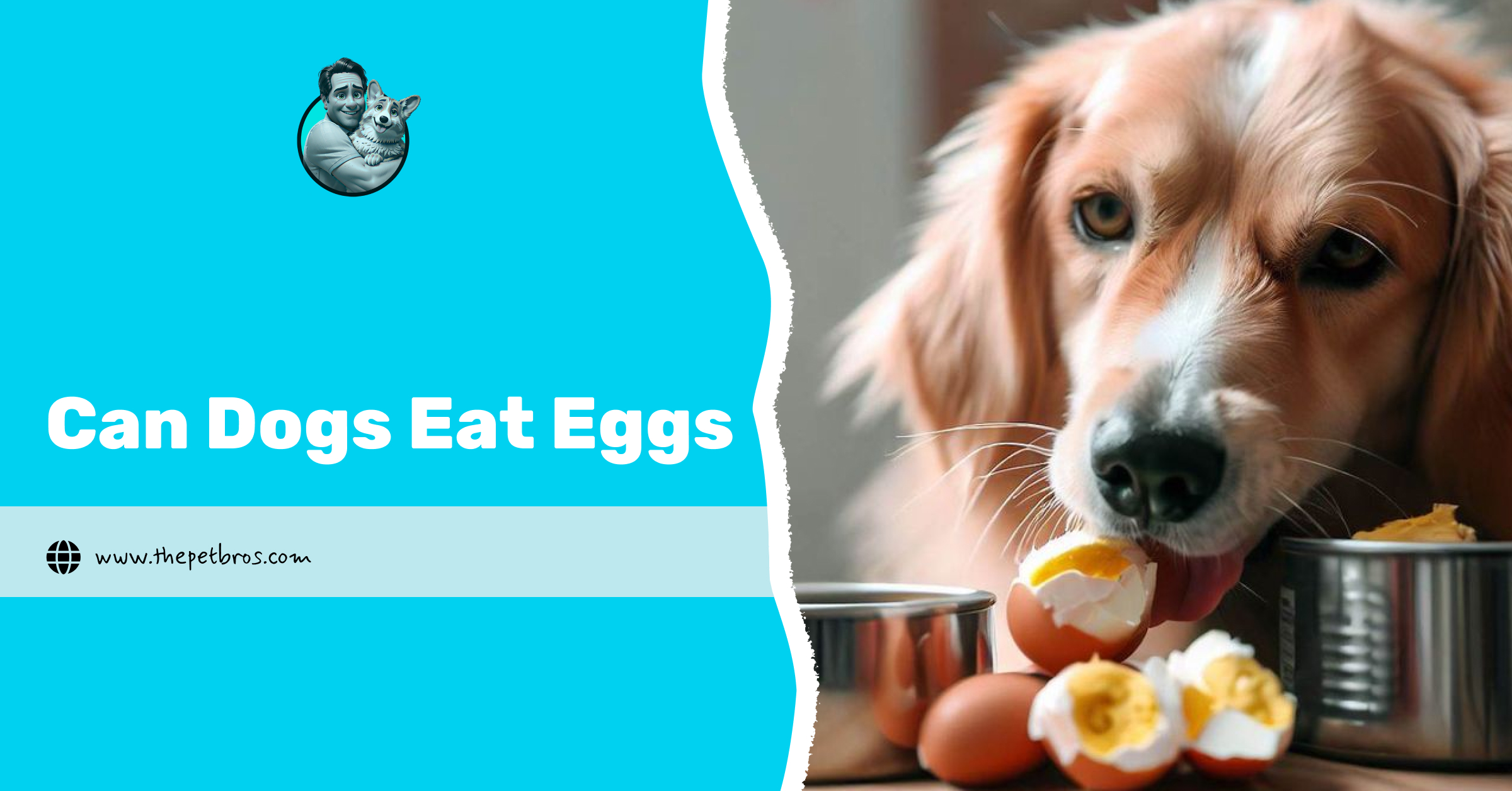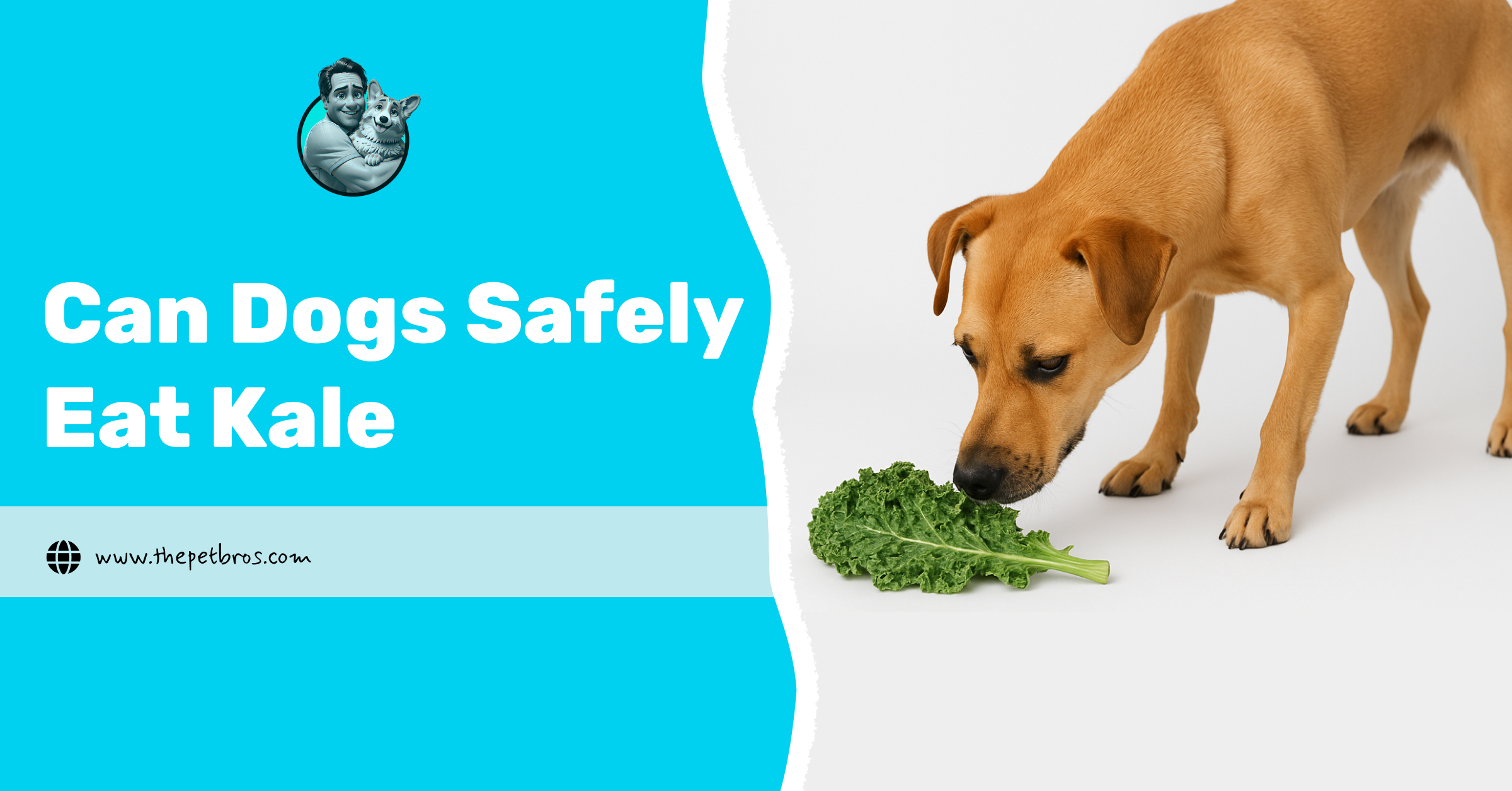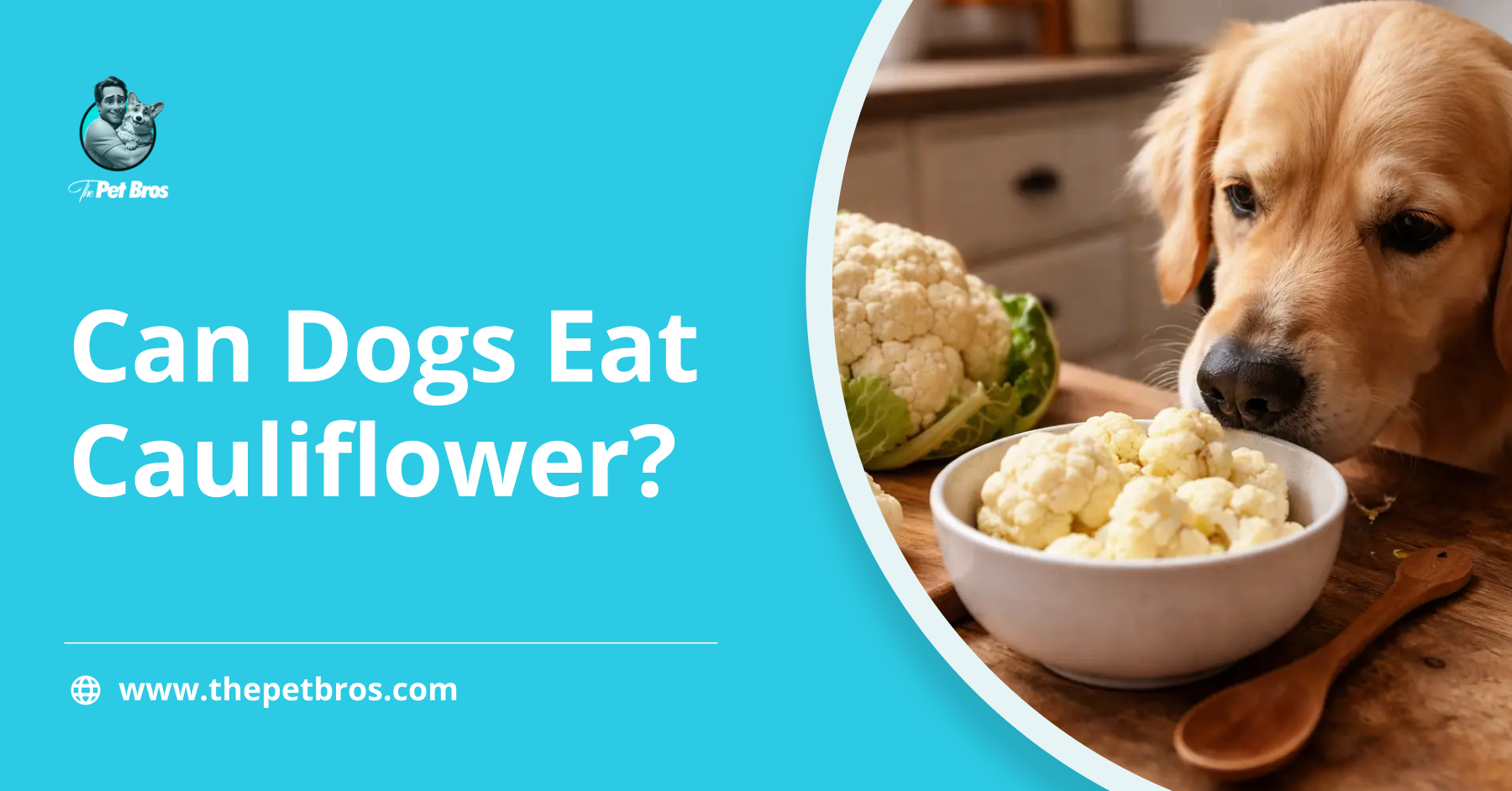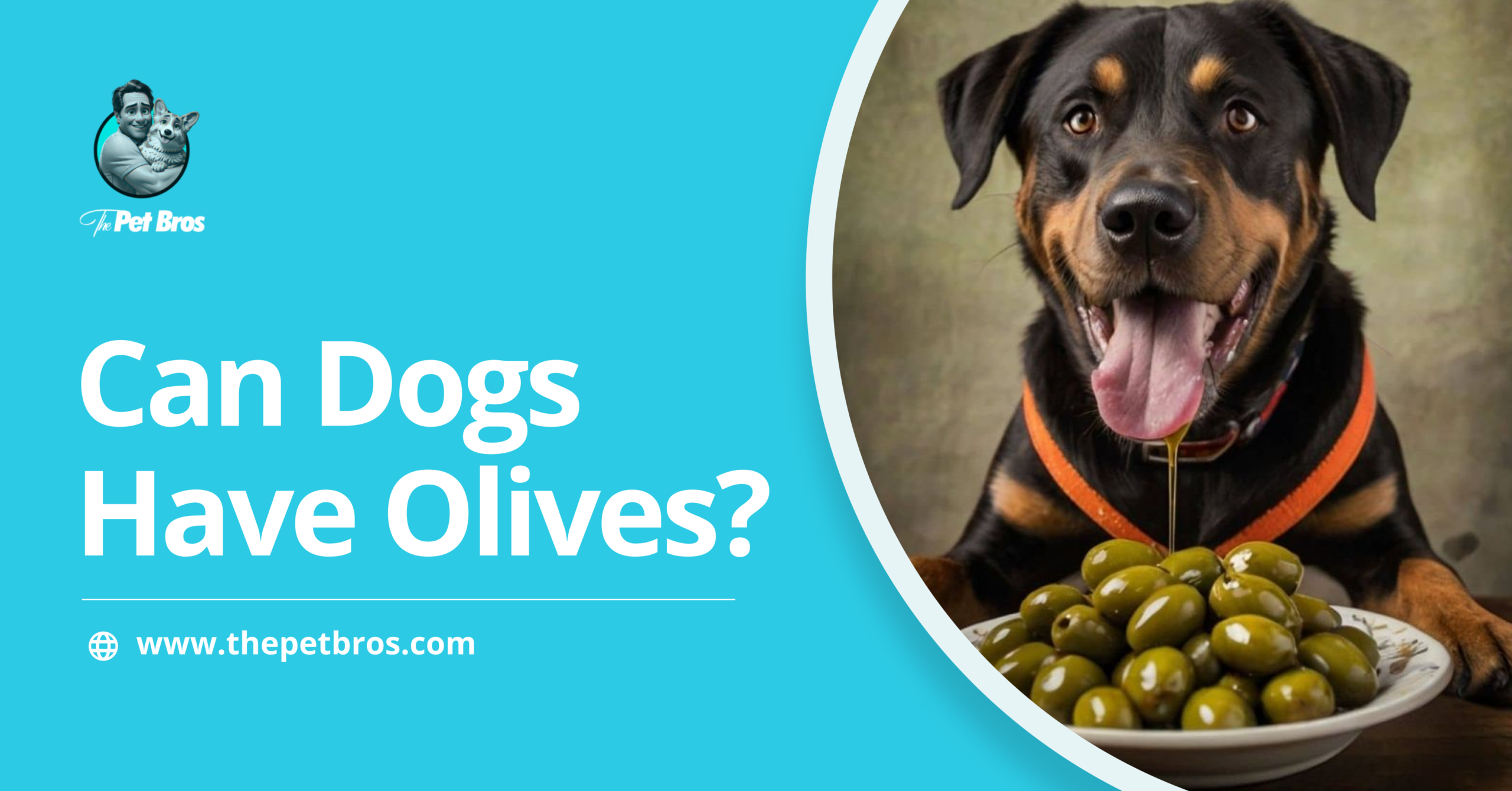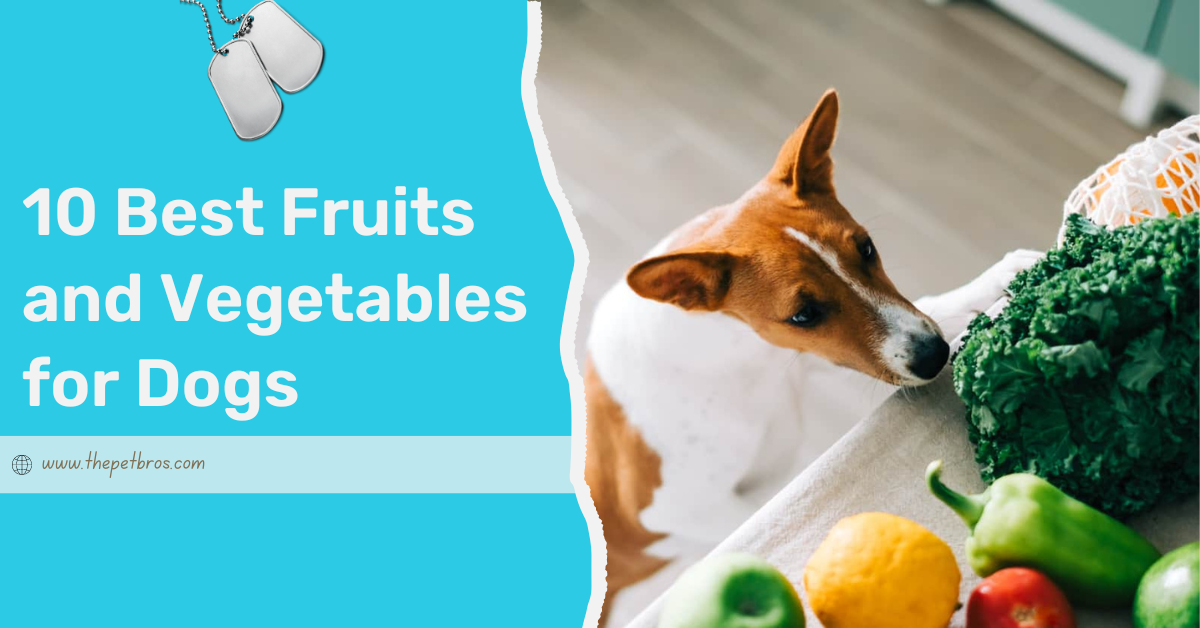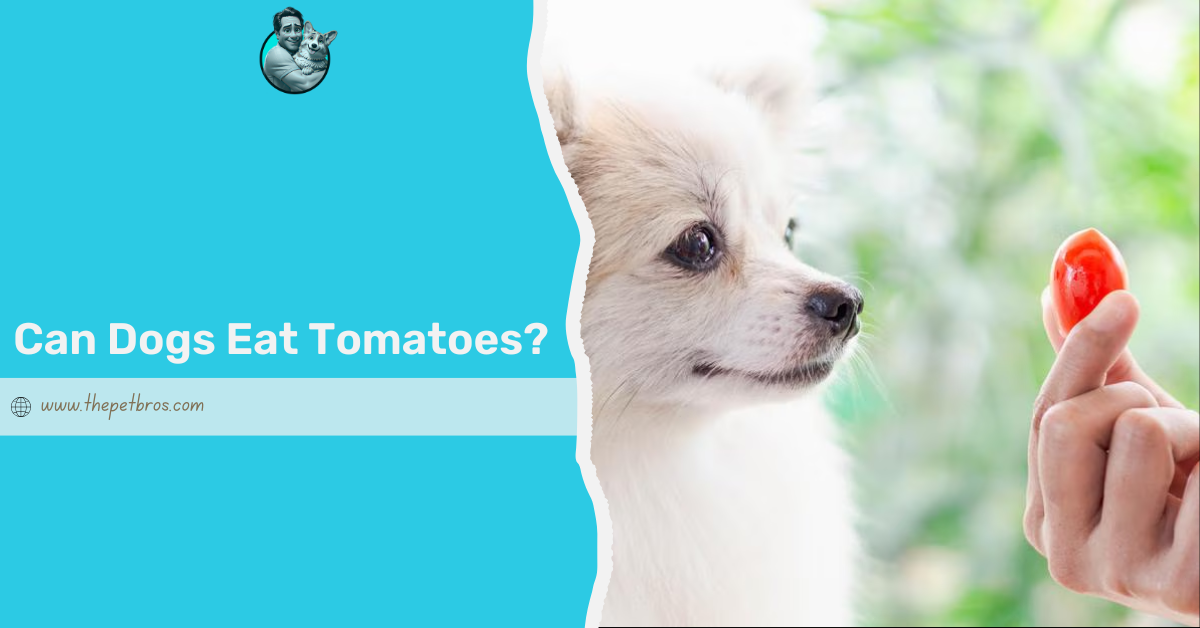You crack open an egg, and before the yolk even hits the pan, there’s a furry face beside you, watching like it’s the most important event of the day. But can dogs eat eggs, or are you about to turn breakfast into a vet visit? The truth is, eggs can be a great addition to your dog’s diet when done right.
To your dog, the smell of eggs means something good is about to happen. And honestly, it’s hard not to cave when they’re giving you that “I’m a good dog” look. They’re packed with nutrients like protein, vitamin B12, and healthy fats that keep your dog’s coat shiny and their energy high. Yet, not every egg dish belongs in your dog’s bowl.
Let’s find out exactly how eggs fit into a healthy dog diet, from the types they can eat to how often it’s safe to serve them.
Can Dogs Eat Eggs When it is Raw?
Raw eggs might look natural, but they’re not the best idea for dogs. Just like with some human foods, not everything that’s safe for us is safe for them. Dogs can contract salmonella infections from uncooked eggs, which can cause vomiting, diarrhoea, and fatigue. There’s also a sneaky protein in raw egg whites called avidin, which can block the absorption of biotin, an essential vitamin for healthy skin and fur.
If your dog accidentally licks a raw egg, don’t panic. Keep an eye out for stomach upset and call your veterinarian if your pet starts acting unwell. The safest move is to stick to cooked eggs, just like other dog-friendly human foods such as plain salmon, kale, apples, rice, chicken, carrots, or sweet potatoes.
3 Safe Ways Dogs Can Eat Eggs
Eggs can be one of the easiest, healthiest treats to make for your dog as long as they’re cooked properly. Here’s how to do it right:
- Boiled Eggs: Simple, clean, and packed with nutrients. Boil the eggs until they’re fully cooked, then cool and peel them. Chop into small, bite-sized pieces before serving to avoid choking. Boiled eggs are great as training rewards or meal toppers. Just remember, one small piece goes a long way for little dogs.
- Scrambled Eggs: Keep it classic and uncomplicated. Whisk an egg and cook it in a clean non-stick pan without butter, milk, or salt. The soft texture makes it easy for dogs of all ages to chew, especially puppies and seniors. Scrambled eggs are also a good choice for dogs recovering from mild tummy upsets, as they’re gentle on digestion.
- Poached or Baked Eggs: Ideal for dogs who prefer a light yet nutrient-dense option. Poach the egg in plain water until it is firm, or bake it on a tray lined with parchment paper for a no-oil option. These cooking styles preserve the vitamins and healthy fats that make eggs so beneficial for your dog’s coat, skin, and energy levels.
Always start with small servings, such as about a spoonful for small dogs or a quarter of an egg for larger ones, and watch for any signs of allergies, including itching, red skin, or vomiting. If everything looks good, eggs can easily become one of your dog’s favourite “human foods”.
Nutritional Benefits of Eggs for Dogs
| Nutrient | What It Does for Dogs | Best Source in the Egg |
|---|---|---|
| Protein | Builds strong muscles, supports growth, and helps repair tissue after play or exercise. | Egg whites and yolks |
| Omega-3 Fatty Acids | Keeps your dog’s coat shiny, skin healthy, and joints flexible. | Egg yolk |
| Vitamin A | Supports vision, immune function, and skin health. | Egg yolk |
| Vitamin D | Helps the body absorb calcium for strong bones and teeth. | Egg yolk |
| Vitamin E | Acts as an antioxidant, protecting cells and boosting immunity. | Egg yolk |
| Vitamin B12 | Keeps nerves healthy and supports energy production. | Egg white and yolk |
| Iron | Aids red-blood-cell production and oxygen flow for lasting energy. | Egg yolk |
| Selenium | Strengthens the immune system and prevents cell damage. | Whole egg |
| Zinc | Promotes wound healing, fertility, and healthy skin. | Whole egg |
How Much Egg Can Dogs Eat?
Eggs might be healthy, but even the good stuff needs limits. Too many eggs can lead to excess fat and calories, especially for smaller breeds. Treat eggs like a weekend reward, not an everyday meal.
Here’s a simple guide to how much your dog can safely enjoy:
- Tiny dogs (2–10 lbs): ¼ of an egg once or twice a week.
- Small dogs (11–20 lbs): ½ egg once or twice a week.
- Medium dogs (21–50 lbs): 1 egg once or twice a week.
- Large dogs (51+ lbs): Up to 1½ eggs once or twice a week.
Eggs should make up no more than 10% of your dog’s total calories. And if your dog has a sensitive stomach, start slow, offer a spoonful, see how they react, and adjust from there.
Conclusion
So, can dogs eat eggs? Absolutely, when appropriately cooked and served in moderation, eggs are one of the healthiest human foods you can share with your pup. They’re packed with protein, vitamins, and healthy fats that support strong muscles, shiny coats, and all-day energy.
Can Dogs Eat Eggs FAQs
How much egg can I give my dog?
It depends on size, from a quarter egg for small dogs to one full egg for larger breeds, a few times per week.
Can you give dogs scrambled eggs?
Yes, but only plain scrambled eggs without milk or seasoning.
Can I crack an egg into my dog’s food?
Avoid raw eggs due to the risk of salmonella contamination. Use cooked, cooled eggs instead.
How often can you put a raw egg in dog food?
Never recommended. Always cook eggs to protect your dog from bacteria and nutrient issues.
Can I microwave an egg for my dog?
Yes, but ensure it’s fully cooked, unseasoned, and cooled before serving to avoid burns or hot spots.






